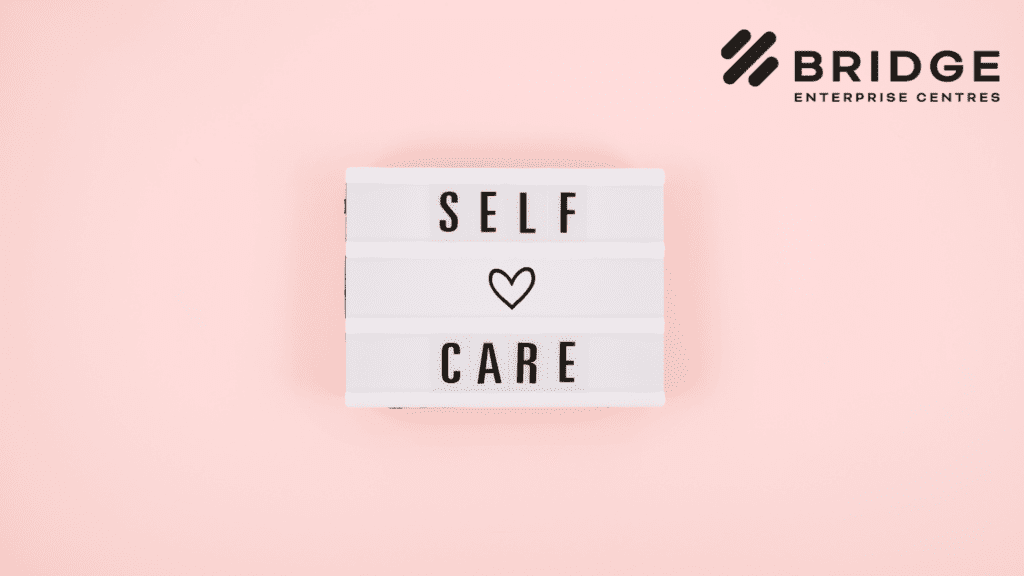
The start of a new year often brings a sense of renewal and the promise of fresh beginnings. January, with its quiet post-holiday calm, is the perfect time to focus on self-care and set the tone for the months ahead. Taking care of yourself isn’t selfish; it’s essential. Here’s a January self-care checklist to help you embrace daily practices that will nourish your body, mind, and spirit.
1. Start Your Day with Hydration
After hours of sleep, your body craves water. Begin each morning with a glass of water to rehydrate and kick-start your metabolism. Make sure to bring a bottle of water with you to the office, and set yourself a target for the number of litres you wish to drink in a day.
2. Establish a Morning Routine
A structured morning routine can set a positive tone for the day. Consider incorporating mindfulness practices such as journaling, meditation, or stretching. Even five minutes of deep breathing can help centre your mind and reduce stress.
3. Prioritise Nutrition
January is an excellent time to reset your eating habits. Focus on incorporating whole foods into your meals, such as fruits, vegetables, lean proteins, and whole grains. Aim for balanced meals that fuel your energy levels and support overall health. Planning your meals for the week can help you stay on track.
4. Move Your Body Daily
Physical activity doesn’t have to mean hours at the gym. Find an activity you enjoy, whether it’s walking, yoga, dancing, or cycling, and aim to move your body every day. Even a 10-minute stretch or brisk walk can improve circulation and elevate your mood.
5. Set Realistic Goals
The pressure to achieve lofty resolutions can feel overwhelming. Instead, set small, attainable goals that build momentum. For instance, commit to reading one book this month, drinking more water, or decluttering one drawer a week. Celebrate each accomplishment to stay motivated.
6. Schedule Downtime
In our busy lives, rest often takes a backseat. Make it a priority to schedule downtime each day, whether it’s enjoying a cup of tea, taking a bath, or simply sitting quietly. This time allows your mind and body to recharge.
7. Limit Screen Time
Too much screen time can strain your eyes, disrupt sleep, and impact mental health. Set boundaries by designating tech-free times during the day, especially before bedtime. Instead, use this time to read, journal, or connect with loved ones.
8. Practice Gratitude
Starting or ending your day with gratitude can shift your mindset and improve overall well-being. Keep a journal where you write down three things you’re grateful for each day. These moments of reflection can help you focus on the positive.
9. Connect with Nature
Spending time outdoors has been shown to reduce stress and boost mood. Whether it’s a walk in the park, gardening, or simply sitting in your garden, make it a habit to connect with nature regularly. Even in winter, the fresh air and natural surroundings can be rejuvenating.
10. Prioritise Sleep
Good sleep is foundational to health and well-being. Aim for 7-9 hours of quality sleep each night. Establish a bedtime routine that signals to your body it’s time to wind down, such as dimming lights, reading, or listening to calming music.
11. Nurture Relationships
Meaningful connections are vital for emotional health. Make an effort to reach out to friends and family, whether through a phone call, a message, or a visit. Sharing your thoughts and feelings can strengthen bonds and provide mutual support.
12. Explore a Creative Outlet
Creativity is a powerful form of self-expression and stress relief. Whether it’s painting, writing, baking, or playing music, find a hobby that brings you joy and make time for it. Creativity doesn’t have to be perfect; it’s about enjoying the process.
13. Learn to Say No
Overcommitting can lead to burnout. Practice setting boundaries and saying no to tasks or events that don’t align with your priorities. Respecting your own limits is an essential act of self-care.
14. Seek Professional Support if Needed
If you’re feeling overwhelmed, anxious, or low, don’t hesitate to seek professional help. Talking to a therapist or counsellor can provide valuable tools and support to navigate challenges.
15. Celebrate Small Wins
Acknowledge and celebrate your achievements, no matter how small they may seem. Each step you take towards a healthier, happier you is worth recognising.
By incorporating these daily practices into your routine, you can create a foundation for a healthier and more balanced life. Self-care is not a one-size-fits-all approach, so adapt this checklist to suit your needs and preferences. Here’s to a January filled with self-compassion, growth, and well-being!
Disclaimer – This article is for informational purposes only and is not a substitute for professional medical advice, diagnosis, or treatment. Always consult a qualified healthcare provider regarding any questions or concerns about your health or a medical condition.









